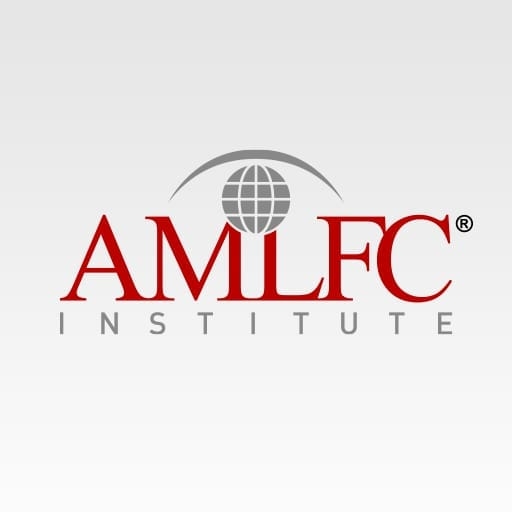The risk of fraud is just one of the many types of risks to be managed by an organization; however, many risk management professionals tend to underestimate the role of fraud in the scope of their professional duties.

The risk of fraud is just one of the many types of risks to be managed by an organization; however, many risk management professionals tend to underestimate the role of fraud in the scope of their professional duties. The failure to properly manage this risk can bring catastrophic results.
Building an effective fraud risk management program to combat organizational fraud requires solid understanding of how and why fraud is perpetrated.
This certification course will discuss the components of a comprehensive and effective fraud risk management program including the elements of deterrence, detection, investigation and remediation.
In this certification course, candidates will:
Learn the elements of a fraud risk management program including the establishment of fraud risk governance policies
Discuss the steps involved in developing a fraud risk management program, as well as the program components necessary to fully manage the risk of fraud
Review risk management frameworks established by COSO, ACFE, IIA and other relevant organizations
Understand why organizations should manage fraud risk and assign roles and responsibilities for elements of the program
Identify red flags related to a variety of occupational fraud schemes
Learn tools and techniques to detect and investigate instances of fraud
Identify, assess and manage fraud risks from all sources and support fraud risk management initiatives by establishing an anti-fraud culture and promoting fraud awareness throughout the organization
Identify the elements of a strong ethics & compliance program
Study case studies to support fraud risk management theory and practice
Conduct group exercises to support the learnings
Course Modules include:
Enterprise & Fraud Risk Management
Fraud Risk Governance
Fraud Detection Programs & Controls
Fraud Risk Assessments
Intro to Fraud Schemes, Skimming Schemes Expense Reporting Fraud
Cash Larceny Schemes
Payroll Fraud Schemes
Billing Schemes
Bribery & Corruption
Financial Statement Fraud
Fraud Case Study
Ethics & Compliance
Conducting Investigations
Conducting Investigations Case Study
Learning Objectives:
Learn the elements of a fraud risk management program including the establishment of fraud risk governance policies
Discuss the steps involved in developing a fraud risk management program, as well as the program components necessary to fully manage the risk of fraud
Review risk management frameworks established by COSO, ACFE, IIA and other relevant organizations
Understand why organizations should manage fraud risk and assign roles and responsibilities for elements of the program
Identify red flags related to a variety of occupational fraud schemes
Learn tools and techniques to detect and investigate instances of fraud
Identify, assess and manage fraud risks from all sources and support fraud risk management initiatives by establishing an anti-fraud culture and promoting fraud awareness throughout the organization
Identify the elements of a strong ethics & compliance program
Study case studies to support fraud risk management theory and practice
Conduct group exercises to support the learnings
The Anti-Money Laundering and Financial Crimes (AMLFC) Institute offers professionals, regulators, law enforcement, undergraduate and graduate students the opportunity to earn certifications in the field of Anti-Money Laundering (AML) / Countering the Financing of Terrorism (CFT) / Countering the Financing of Proliferation (CFP) / Financial Crimes Prevention (FCP). The Institute also conducts academic research and other activities for the purpose of advancing knowledge in the field of AML/CFT/CFP/FCP.
The AMLFC Institute partners with a network of universities promoting quality education and high standards of ethics. Its global certification scheme produces a wider pool of knowledgeable workers that is recognized internationally.
The AMLFC Institute’s curriculum delivers to the marketplace individuals with practical knowledge of the field, able to work for the private sector, regulators, enforcement agencies and governments with a geographical focus.
The certification courses are conducted over a 15-week period (can vary) with the final exam administered on the 16th week. Candidates can attend classes in person or online via zoom.
Candidates completing a professional certification and actively maintaining their membership to the AMLFC Institute will be authorized to use the respective designation. The AMLFC Institute Certifications are recognized globally.
The Institute is working towards the creation of internship and job opportunities for its members. Interested businesses and organizations should contact the AMLFC Institute.
© 2025 coursetakers.com All Rights Reserved. Terms and Conditions of use | Privacy Policy